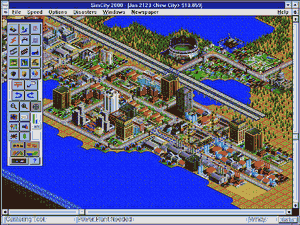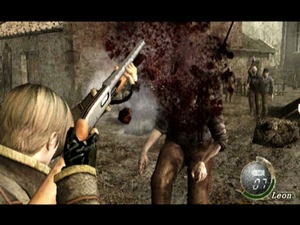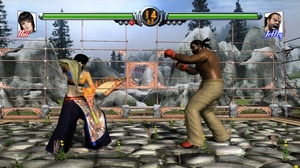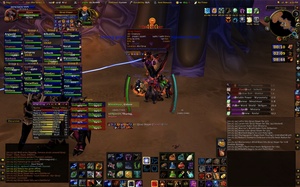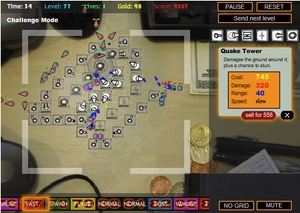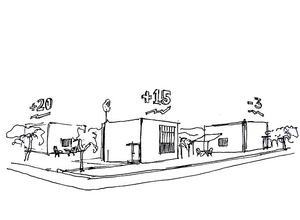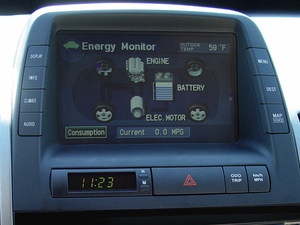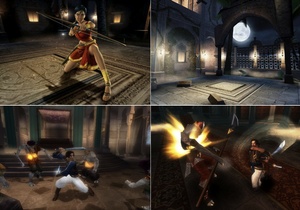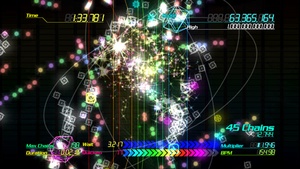The next challenge I want to talk about is the ever-increasing complexity, and in particular the complexity of systems like the companies we work for, that’s going to face us in the future. Processor power doubles every six months according to Moore’s Law. Global organisations are larger than ever, in part thanks to the advances in communications technology that have happened in the past hundred years. In a connected world, we’re not just individuals, operating in isolation; we’re part of larger systems. Complexity is not going to stop increasing, and a form of systems literacy is going to become an important skill to process that complexity.
One of the most interesting things in complex systems is what happens when you introduce real people to them. People are flawed and curious and will mess about, upsetting the balance. Eric Zimmerman made a great point at Playful when he pointed out that the looseness in gearing – that point where you can rock it back and forth before the gearing engages – is referred to as “play”. When presented with a system, people like to rock it back and forth to see how much play is present. Systems are not perfect, and a degree of give is expected.
Zimmerman also pointed out that games are unique in being genuinely systemic media. Playing games requires a kind of systems literacy that no other medium demands – to understand rules and patterns, and to learn them on the fly. After all, unlike other forms of games, videogames do not display their entire ruleset (if indeed any of it) up front; instead, the player has to play with the world and infer the system behind it. And Mitch Resnick, director of the Lifelong Kindergarten group at the Media Laboratory at Massachusetts Institute of Technology, has commented on this kind of play before:
“Probably the best way to develop better intuitions about decentralized systems is to construct and “play with” such systems.”
Explaining some of his own research in this space, he said that “What’s needed are microworld construction kits, so that you can create your own microworlds, focusing on the domain you find most interesting.” And whilst he likes the idea of “microwrold construction kits”, to me, that just sounds like games.
So what kind of games exemplify this well?
